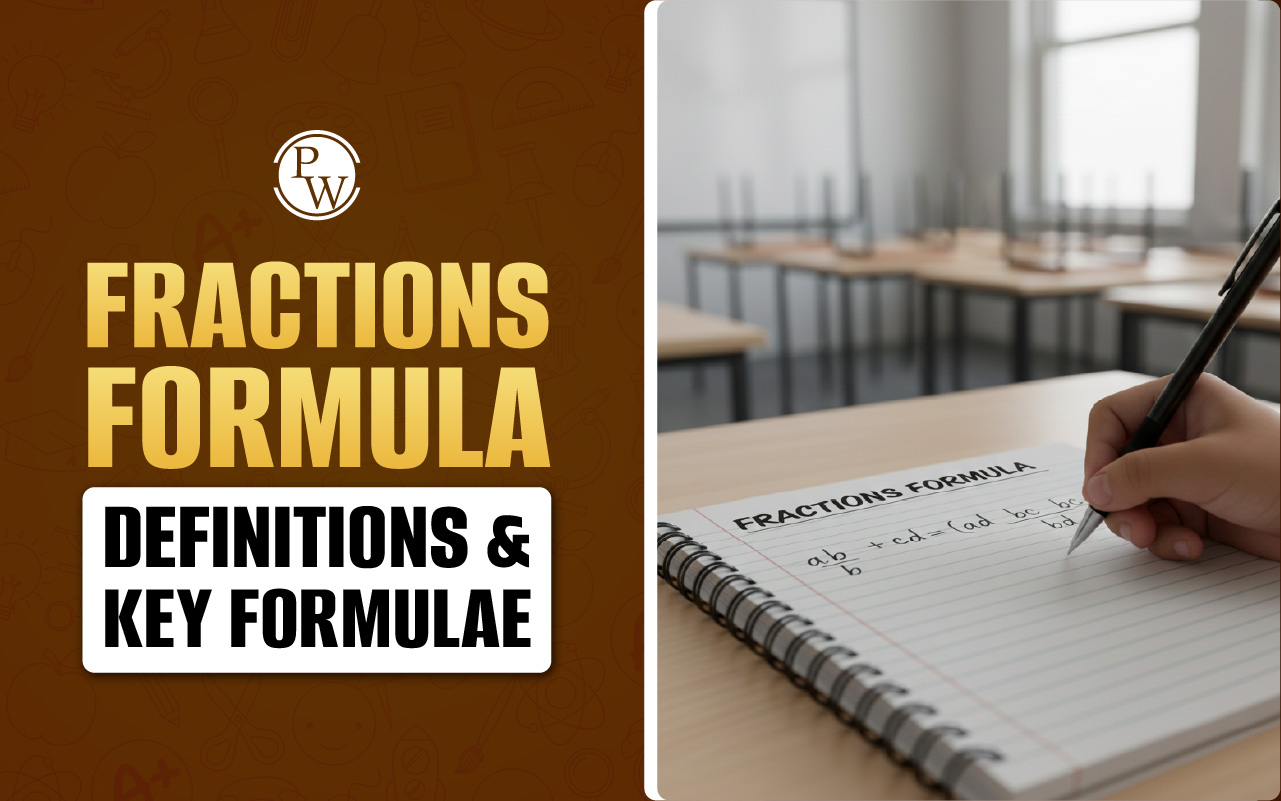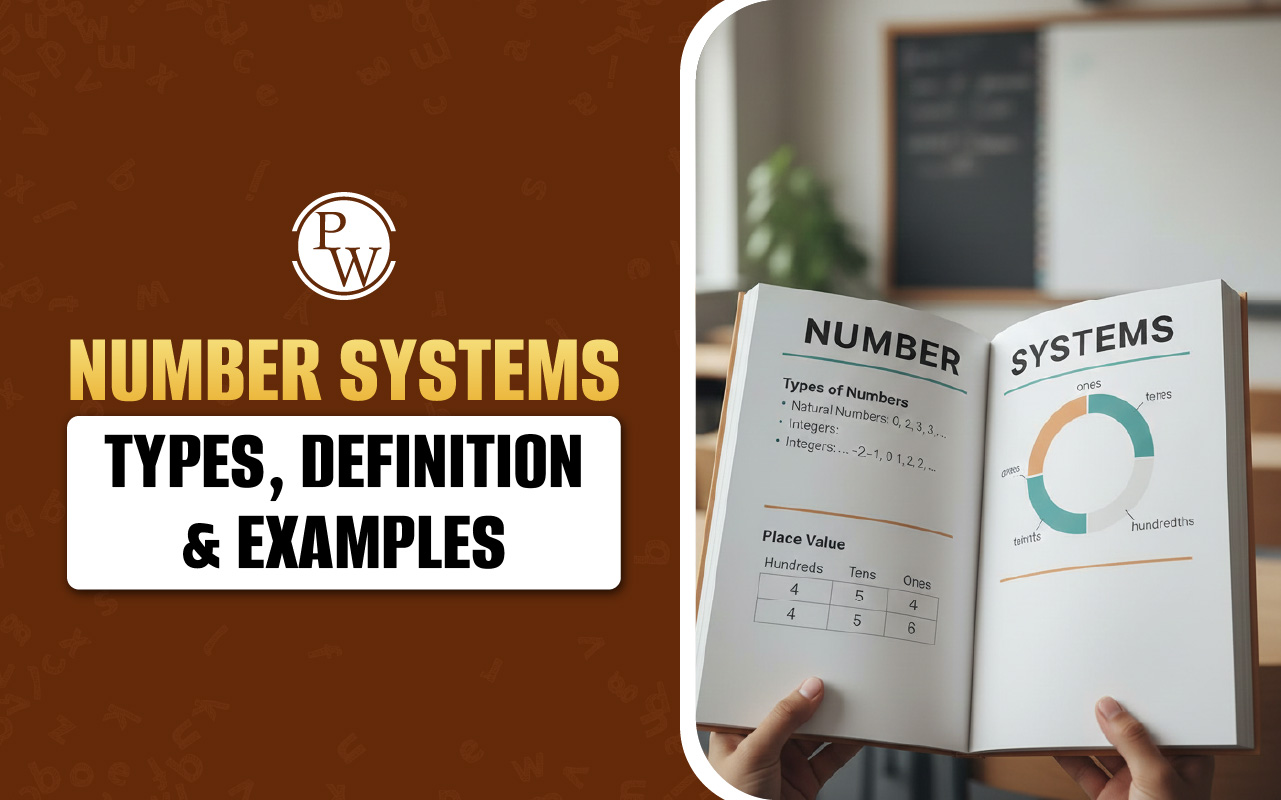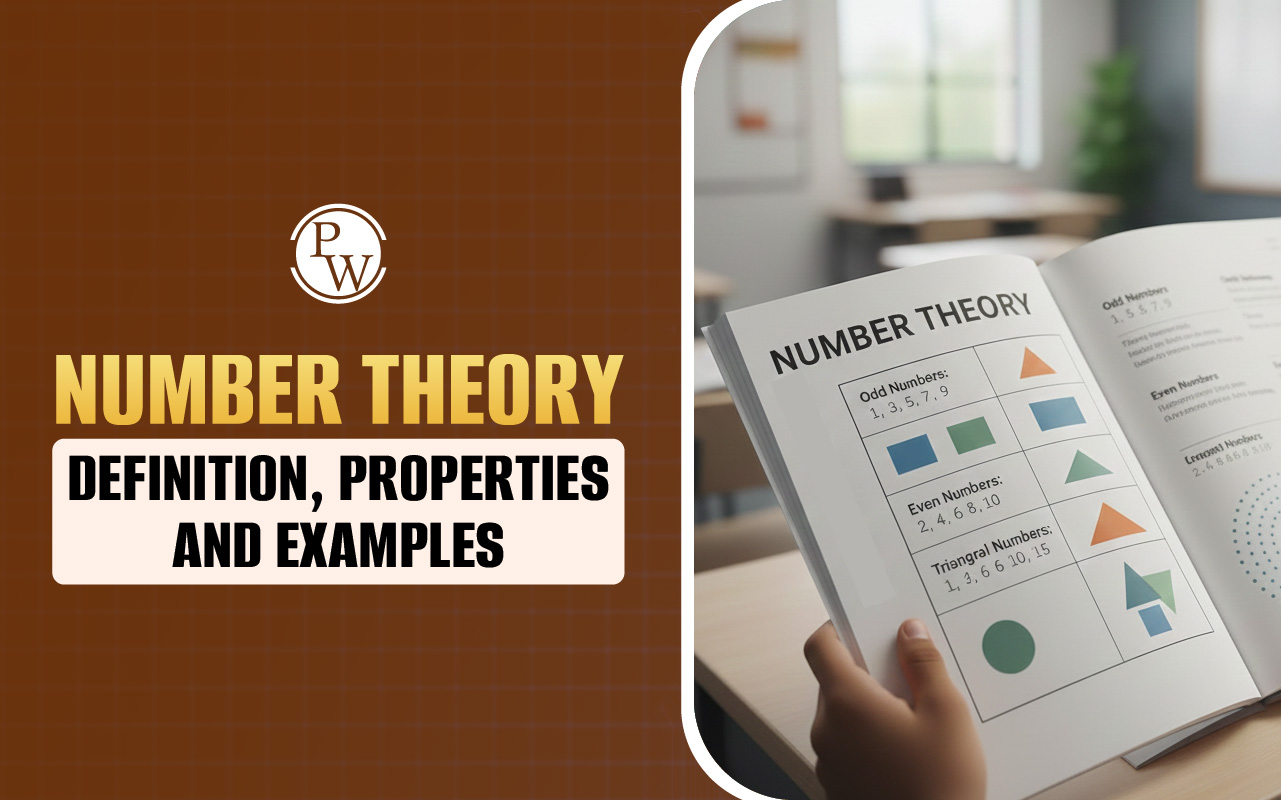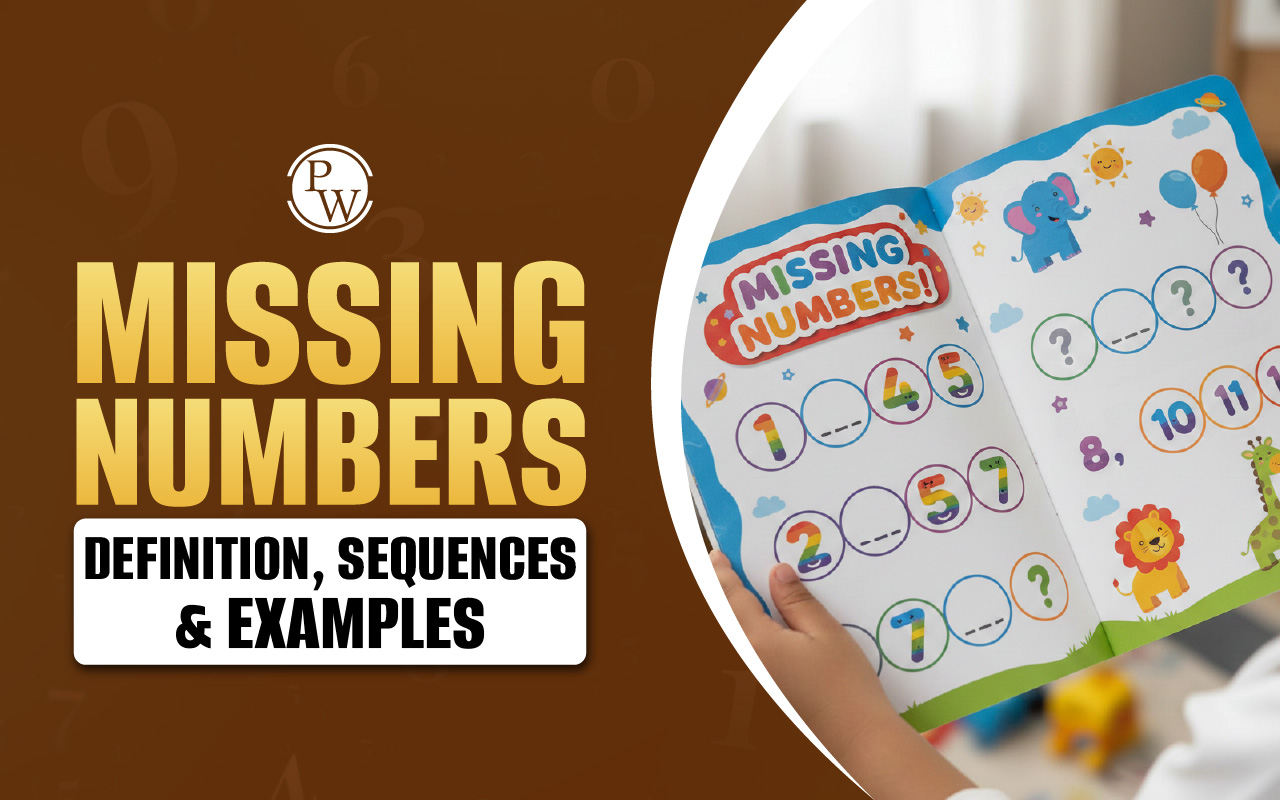
Word Formation: The English language is dynamic, continuously evolving to form new words and enriching its vocabulary. Formation of new words from the root words has helped students express and communicate their ideas and thoughts effectively, while enhancing grammar learning.
Understanding the word formation concept, types, and processes will allow students to identify and modify words to develop new words and improve their writing and communication skills.
Also Read: Sentence Structure
What is Word Formation?
Word formation in English refers to the process of creating new words in English, from some base words. It is formed by adding letters before and after the main word or slightly modifying the spelling.
The new word formed often has a different meaning and parts of speech, but somehow maintains its connection to the root word. Sometimes, two words are combined or blended to form new words, carrying an entirely different meaning.
Types of Word Formation with Examples
The formation of new words can be carried out in different ways. The common types of word formation with examples are discussed below:
Adding A Prefix
It is a process of adding one or more letters before the main word to derive a new word, which typically indicates the opposite or antonym of the original word. Here is a word formation list with prefixes:
-
Direct – indirect
-
Happy - unhappy
-
Respect – disrespect
-
Understand – misunderstand
-
Comfortable – uncomfortable
-
Responsible – irresponsible
-
Honest – dishonest
-
Polite – impolite
-
Practical – impractical
-
Important – unimportant
-
Legal – illegal
-
Ethical – unethical
-
Loyal – Disloyal
-
Satisfied – unsatisfied
-
Order – disorder
-
Agree – disagree
-
Relevant – irrelevant
-
Honest – dishonest
-
Regular – irregular
-
Appear – disappear
Also read:Reading Comprehension
Adding A Suffix
It is a process of adding one or more letters at the end of the main word to derive a new word. A suffix is added either directly after the word or by slightly modifying the spelling of the main word. The addition of suffixes often changes the parts of speech of the root word. Here are a few word formation examples with suffixes:
Adjective to Noun
-
Happy – happiness
-
Brave – bravery
-
Dark – Darkness
Noun to Adjective
-
Pain – Painful
-
Profit – Profitable
-
Courage – Courageous
Verb to Noun
-
Preserve – Preservation
-
Move – Movement
-
Guide – Guidance
Verb to Adjective
-
Attract - Attractive
-
Inspire – Inspiring
-
Create -Creative
Adjective to Adverb
-
Quick – Quickly
-
Happy – Happily
-
Swift – Swiftly
Adjective to Verb
-
Wide – Widen
-
Soft – Soften
-
Active – Activate
Forming Compound Words
It is a very interesting concept of forming words where two words with different parts of speech are combined to create a new word. Let’s go through the following word formation examples to find out how compound words are developed:
Noun + Noun
-
Note + Book - Notebook
-
Foot + Ball - Football
Adjective + Noun
-
Black + Board – Blackboard
-
Short + Hand – Shorthand
Verb + Noun
-
Copy + Writer – Copywriter
-
Flash + Light – Flashlight
Verb + Preposition
-
Break + Through – Breakthrough
-
Count + Down – Countdown
Noun/Adjective + Verb
-
Sun + Rise – Sunrise
-
White + Wash – Whitewash
Compound words are classified into three types based on the structure of the new word. These are as follows:
-
Solid: Newspaper, toothpaste (no space between the two different words)
-
Hyphenated: Three-storied, sugar-coated (words separated by hyphen)
-
Open: Swimming pool, Olive oil (space between two words
Conversion
It is a special type of word formation in English grammar where a word is converted to a different part of speech and used in a different context.
Let’s look at the following sentences:
·They have submitted a written complaint.
Here, ‘written’ is used as an adjective, which is also used as a past perfect tense of the verb ‘write’.
We badly need your help.
In this sentence, ‘help’ is used as a noun, which is often used as a verb.
The journey of life is full of ups and downs.
Here, prepositions ‘up’ and ‘down’ are used as nouns by adding ‘s’ to the end of them.
I emailed you the report last evening.
In this sentence, the noun ‘email’ is converted to the verb ‘emailed’ to indicate sending a message through email.
Clipping
This type of word formation in English results from the evolution of English words to adapt to the changing needs of faster and easier communication. It creates new words by clipping some of the letters of the original word, but still conveying the same meaning.
Here are a few examples:
-
Advertisement – Ad
-
Examination – Exam
-
Refrigerator - Fridge
-
Facsimile – Fax
-
Gymnasium – Gym
Blending
It is also a compound word, but the new word contains only a part of individual words from which it is created. Blending typically takes the beginning of the first word and the end of the second word.
Here are some examples of words formed by blending:
-
Motor + Hotel – Motel
-
Smoke + Fog – Smog
-
Breakfast + Lunch - Brunch
-
Picture + Element – Pixel
-
Web + Seminar – Webinar
Also read: List of Homophones Words With Examples
Acronyms and Initialisms
These are new word formations by taking the first letters of a series of words depicting a phrase or a name.
Acronyms are usually read as an entire word, whereas initialisms are typically pronounced by reading letters.
Examples of Acronyms:
-
ISRO – Indian Space Research Organisation
-
NATO – North Atlantic Treaty Organisation
-
NASA – National Aeronautics and Space Administration
-
RAM – Random Access Memory
-
PIN – Personal Identification Number
Examples of Initialisms:
-
ATM – Automated Teller Machine
-
FDI – Foreign Direct Investment
-
CD – Compact Disc
-
TV – Television
-
SMS – Short Message Service
Word Formation Rules
Word formation can be a very interesting process, but students must know how to form the new words correctly and meaningfully. Take a look at the word formation rules as mentioned below:
-
Before forming a new word from a main word, it’s essential to determine the meaning you want to convey through the new word.
-
The basic words mostly remain unchanged after adding a prefix or a suffix; however, suffixes sometimes require the removal of the last letter to form the new word.
-
When forming words by compounding, the new word often belongs to a different part of speech from the constituent words.
-
Compound word formation requires careful consideration of the individual words to create accurate and meaningful new words.
Also read: Synonyms
Word Formation Activities for Kids
Word formation activities can be fun for young learners if they are allowed to practice them in engaging ways, as mentioned below:
-
Give your children some common words and ask them to add prefixes or suffixes to form new words.
-
Please provide them two sets of words and let them create appropriate compound words by combining words from each set.
-
Give your child some acronyms and ask them to expand the words.
-
Please encourage them to read storybooks and identify words with prefixes, suffixes, or compound and blended words.
Word formation in English grammar is an important part of vocabulary development and language skills enhancement. Knowledge of the types of word formation with examples can help your child understand how new words are created, modified, and applied in everyday communications.
Boost Your Child’s English Skills With CuriousJr Online Classes
Is your child finding English grammar, reading, or writing challenging? CuriousJr’s English learning online classes help children gain fluency and confidence while improving their English skills. We follow a Cambridge-certified curriculum, ensuring every lesson is engaging, interactive, and closely aligned with what they learn at school.
With CuriousJr, your child will:
-
Improve reading comprehension through regular practice.
-
Strengthen vocabulary and grammar with fun and engaging activities.
-
Enhance writing skills with consistent support and practice.
-
Speak confidently with correct pronunciation and natural fluency.
-
Build confidence through interactive live classes that keep learning enjoyable.
These classes help your child gain fluency, understand English better, and communicate confidently both at school and in everyday life. Book a demo today to see the difference CuriousJr can make.
Types of Word Formation FAQs
What is Onomatopoeia about word formation?
Do degrees of comparison form new words?
Give examples of compounding words used in everyday life.
Give examples of nouns and adjectives derived from the same verb.








